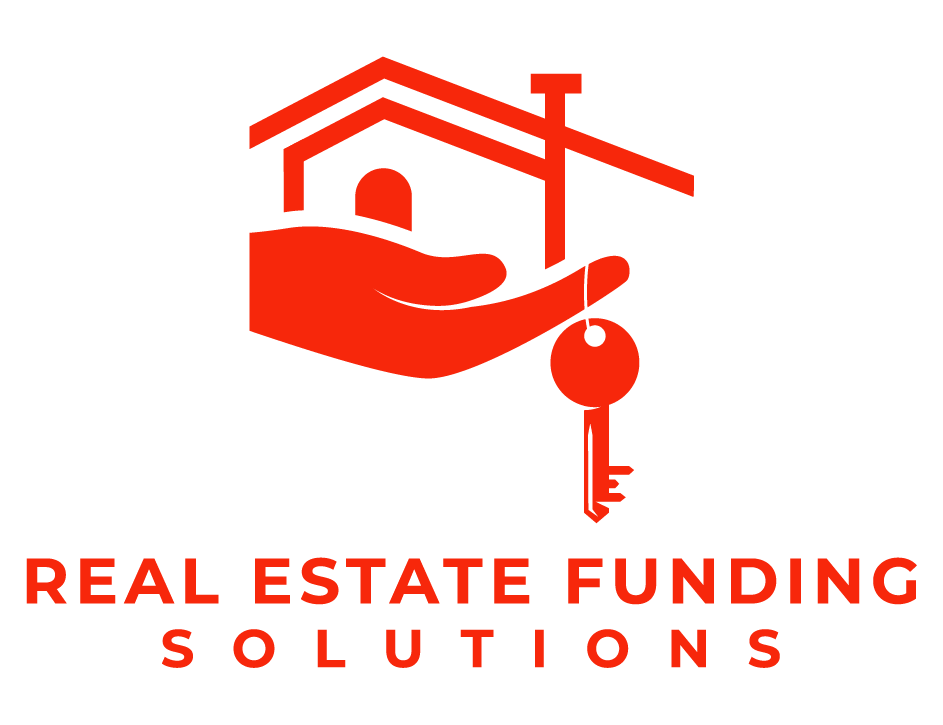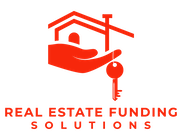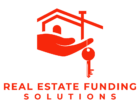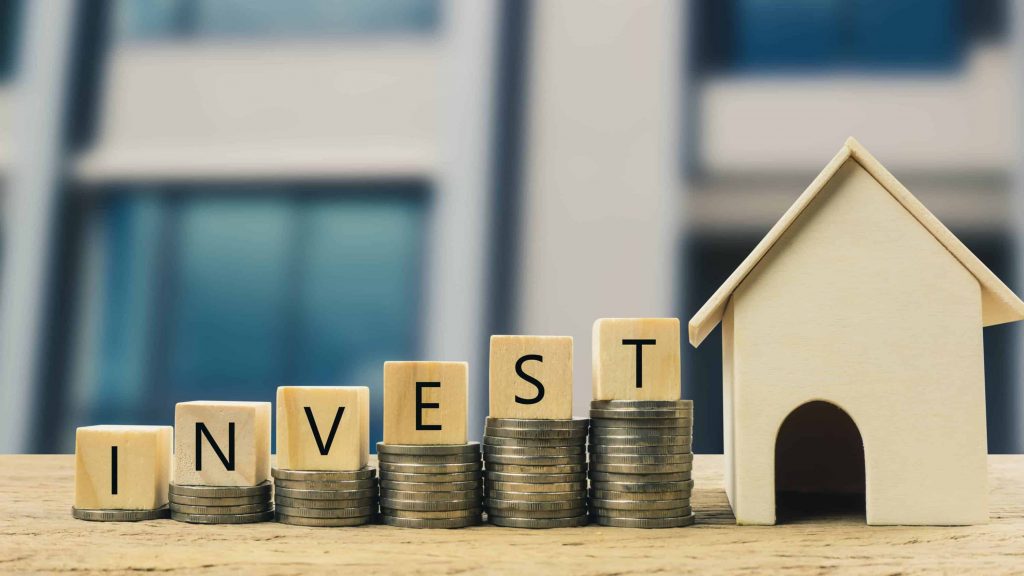Flipping houses is never as easy and glamorous as it often looks on television, but it could be an ideal way for you to bring in a steady stream of investment income. If you want to get started, you will need some cash to finance your upcoming renovation project. There are several ways to get the money you need to fix and flip a property. This article will walk you through a few common ways for financing investment properties. Here are some options the investors can opt:
Conventional Bank Loans
Like conventional mortgages for primary residences, real estate lenders also offer traditional loans for investment real estate. These loans generally have the exact requirements as conventional real estate loans backed by Freddie Mac and Fannie Mae. However, one of the most critical differences between a primary residence and investment property loans is that you will need a more substantial down payment. Individuals can easily purchase a primary residence by putting down as little as 3%.
On the other hand, Fannie Mae-backed loans for investment real estate ideally require you to put down 15% for single-family units and 30% for multi-family units, based on your loan type. Another difference between these loans is the income used to qualify. When purchasing your primary residence, you can use your debt-to-income ratio to qualify for a loan. However, in the case of an investment property, you could also use your predicted future rental income to be eligible for the mortgage.
Fix-And-Flip Real Estate Loans
These loans are designed for investors who plan on renovating and reselling a real estate property quickly. All investors who flip properties tend to have very different needs than ones who purchase real estate to rent out for years, so it’s only natural that they need a different kind of loan.
While conventional mortgages are designed to cover all the real estate costs minus the down payment, a fix-and-flip loan will also take the repair costs the investor incurs into account. Because of this, they may be borrowing more than the actual worth of the real estate property.
Another essential feature of a fix-and-flip loan is that they tend to have a higher interest rate than conventional loans. This higher interest accounts for the fact that the borrower gets more than the property’s actual worth and that they are more likely to pay off their loan within a shorter period. For instance, a fix-and-flip loan may only have a term of 12 to 18 months. You must also note that though these loans ideally come with various benefits, including that they are specifically tailored to help house flippers, they also come with some risks. If you cannot sell the real estate quickly or for the amount you hoped, you may find yourself stuck with a loan with a high-interest rate and expensive monthly payments. So think carefully when deciding if this investment property financing is the right option for you.
Home Equity Can Also Help You Get Financing
Another option for financing investment properties is to use your equity in your primary residence or any other real estate you own. With the help of home equity loans, cash-out refinance, and HELOC (home equity lines of credit), lenders allow you to utilize your equity for other purposes.
Home Equity Line Of Credit
A HELOC is a revolving line of credit all homeowners can use to borrow a loan against their home’s equity whenever they need it. Though these loans often come with a maximum amount you can borrow, you can continue to borrow that amount if you can pay it back on time. Such loans come with an initial draw period where you can borrow money against your home equity and a repayment period where you must make fixed payments. You may only have to pay the interest on your line of credit at a variable interest during the draw period.
Home Equity Loan
Home equity loans are a fixed amount you borrow from a big financial institution. It is a commonly used investment property financing tool that allows you to borrow up to 85% of your home’s equity. It comes with a predefined interest rate and a repayment period.
Cash-Out Refinance
Cash-out refinance is a loan where you can take a new mortgage more significant than the one you are refinancing. It acts like any other kind of refinance loan in terms of repayment – you are simply taking out a more substantial loan. The lender will pay the primary difference between your original and new mortgage in cash. You can then use the extra amount to finance your real estate investment property.
Learn More about Financing Investment properties
The Real Estate Funding Solutions professionals have years of training and experience helping people buy their first real estate investment. If you are having difficulty finding an ideal investment for your next real estate investment, we suggest you reach out to our team for professional guidance. With our expertise and guidance, you can quickly grab an investment opportunity whenever you get the chance. Call us at 855-913-8637 for more information.



